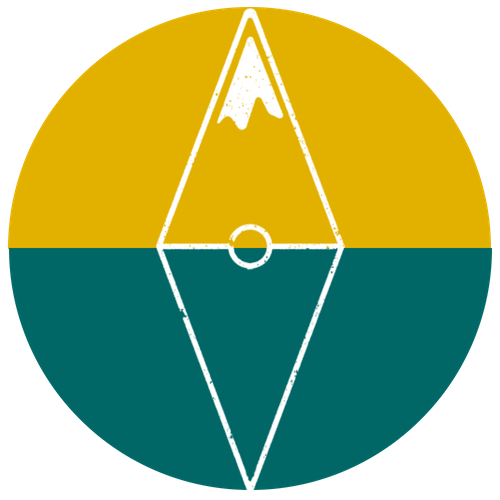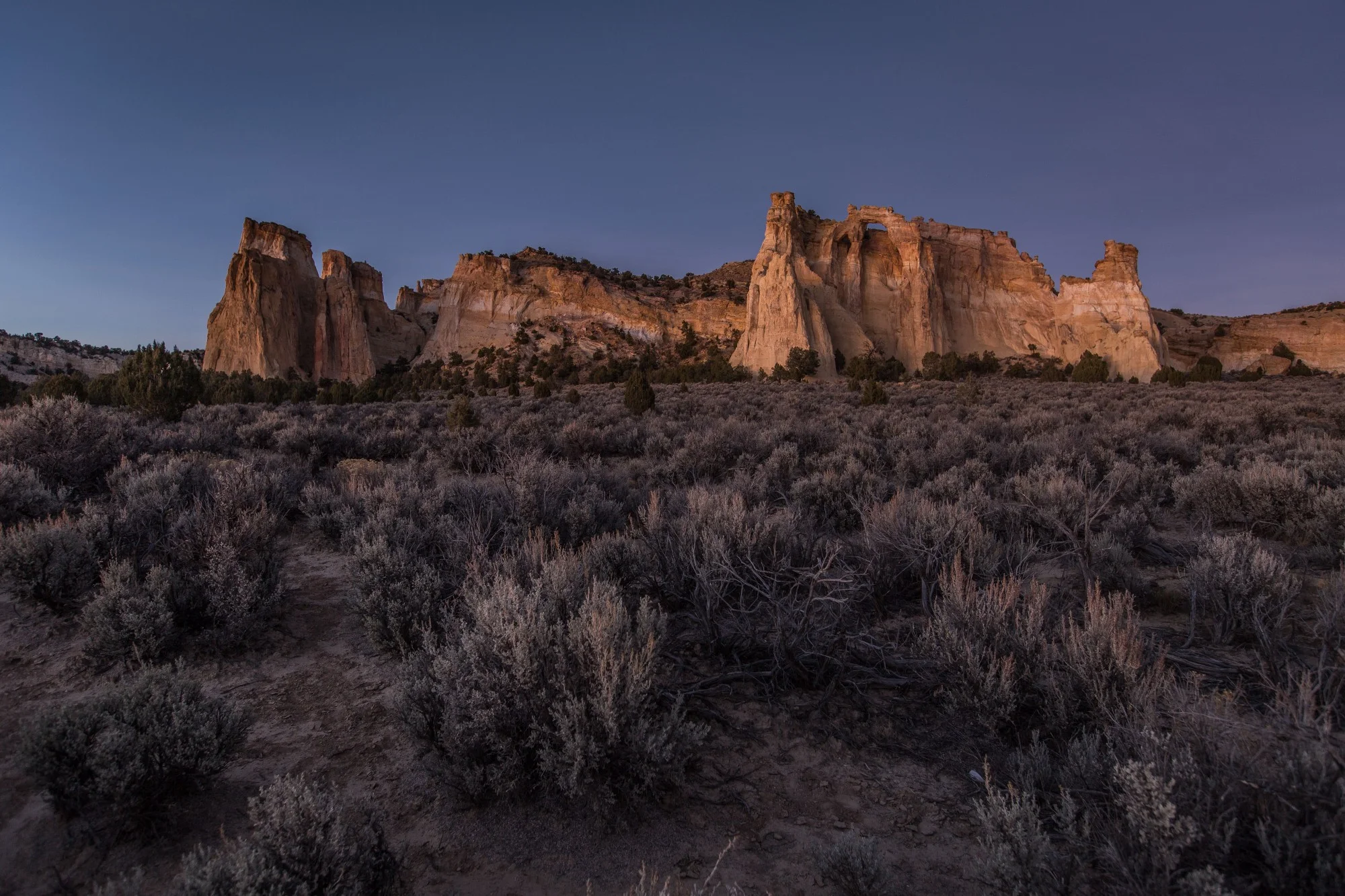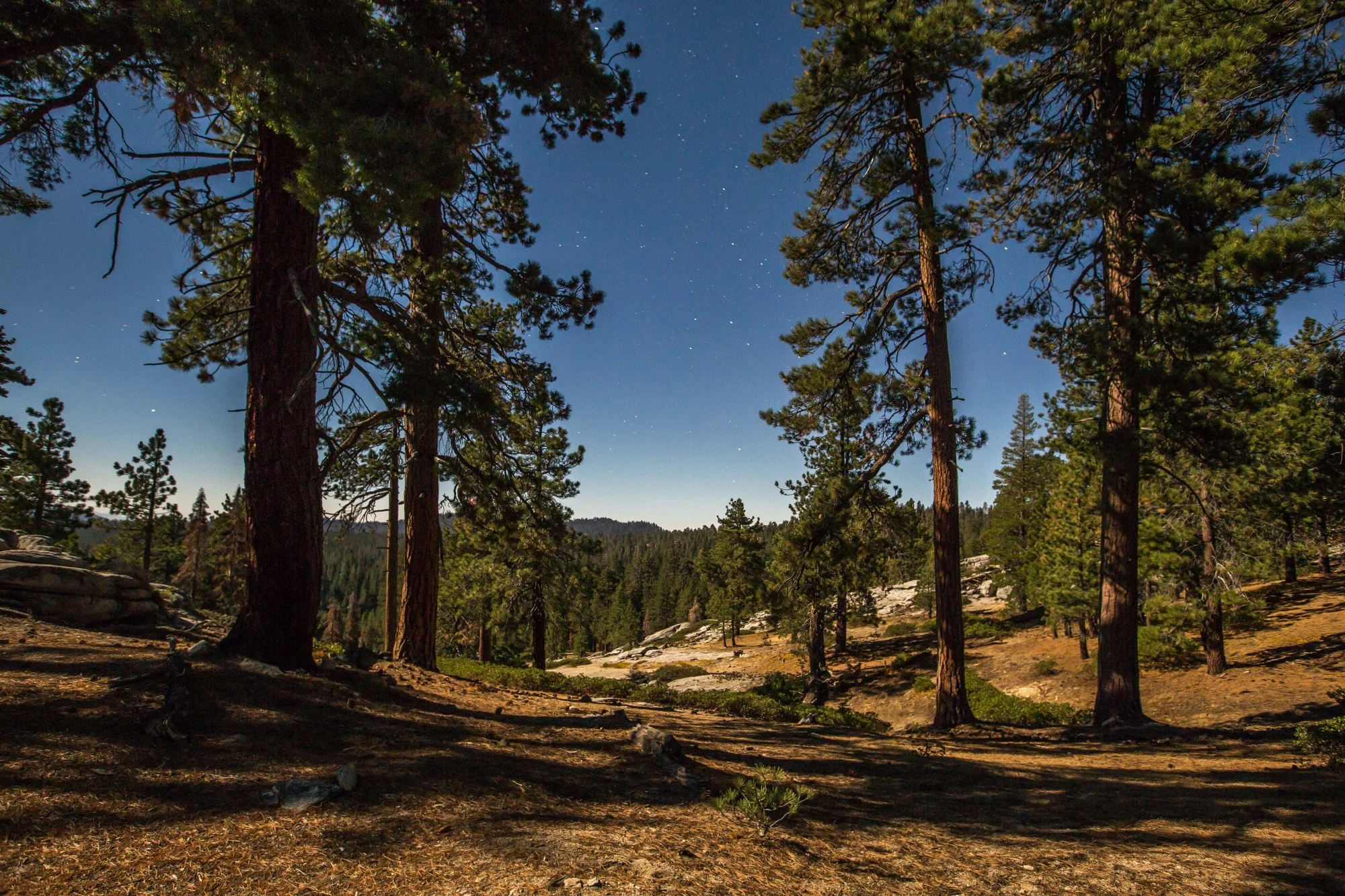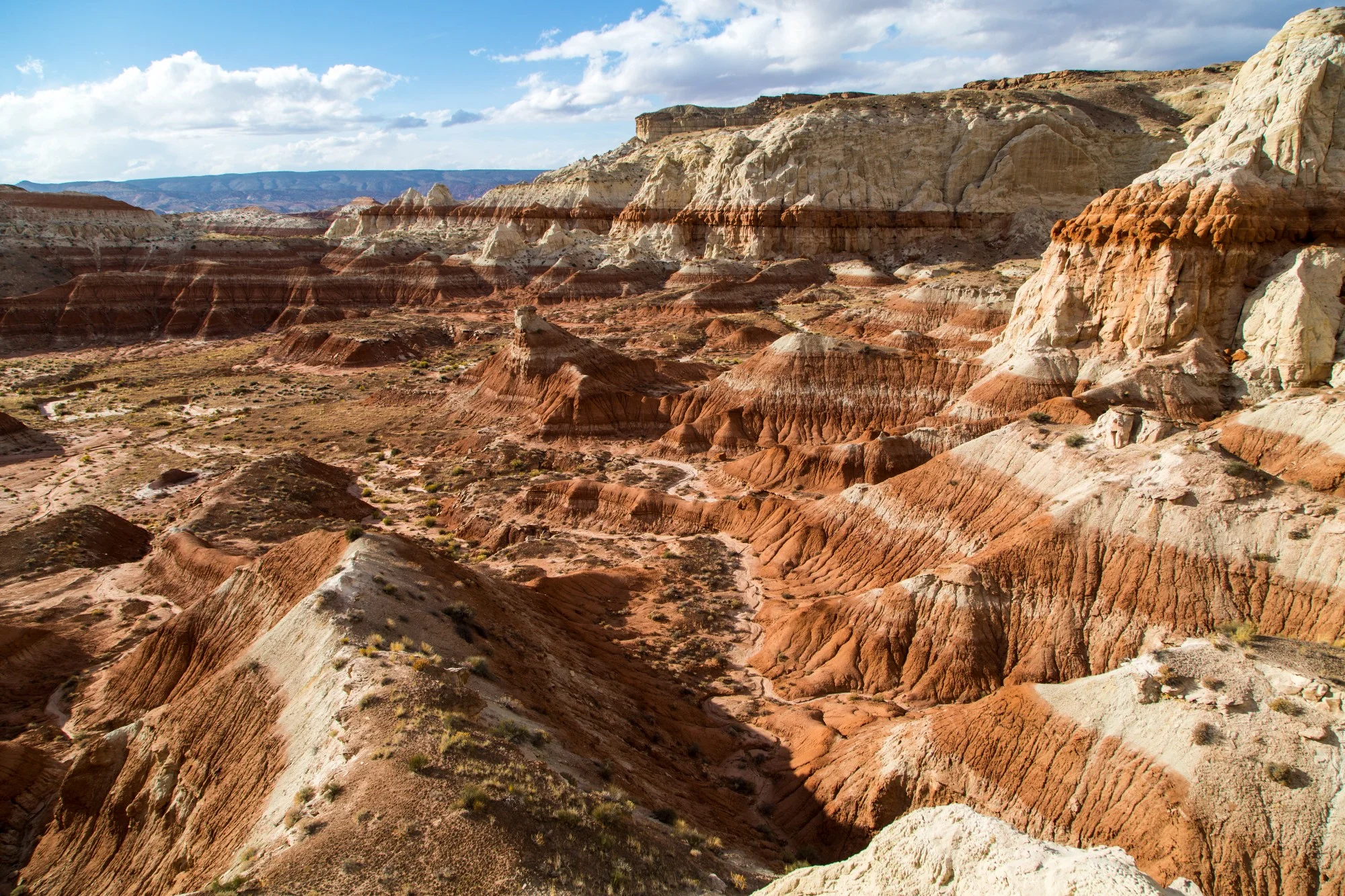A collection of photographs of the amazing wildlife of Gunung Leuser National Park on the Indonesian island of Sumatra, part of the much larger Leuser Ecosystem — the last place on Earth where Sumatran orangutans, tigers, rhinos, and elephants still exist, alongside thousands of other impressive species.
Read MoreThe Te Araroa, or “the long pathway” in Maori, is a 3000km trail that passes from the northern tip of the New Zealand’s North Island to the southern tip of the South Island. Rugged mountains, roaring rivers, temperate rainforests, windy grasslands and sandy coastlines are examples of the terrain one should expect to cross when hiking the Te Araroa.
Read MoreRewilding seems to be a meeting point between conservation and storytelling where magic things happen: people start listening. Not always, and not in the same way, but they do listen. An interview with Ignacio Jiménez Pérez, the Conservation Director and Communications Coordinator of Conservation Land Trust (CLT) Argentina.
Read MoreA comparison between Grand Staircase-Escalante and Bears Ears from the perspective of their local impact for economies and surrounding communities.
Read MorePlan your adventure to one of the national monuments that were targeted by the presidential review and discover the beauty of your public lands.
Read MoreWe interviewed Noel Poe, President of the Board of Directors of Grand Staircase Escalante Partners, to learn from an advocate what the national monument means for conservation and for local communities. What we found was a story of success, hope and a lot of dedicated work.
Read MoreA collection of photographs accompanied by text to capture the beauty of the lands protected by what was one of the largest national monuments in the US.
Read MoreGold Butte National Monument protects a landscape of intricate geology and history, where nature and humans have created true works of art. An interview with Jaina Moan, Executive Director of Friends of Gold Butte, and a photo essay capturing the beauty this landscape.
Read MoreBefore putting our canoe out from Coal Banks Landing, we had the chance to meet and interview Jim Greene and Martha Vogt, BLM volunteers and members of the Friends of the Missouri Breaks. Their love for this river inspired our trip.
Read MoreWe had the chance to spend two days in the Gold Butte National Monument guided by Jim Boone, an expert in Nevada's outdoors and a member of the Board of Directors for Friends of Gold Butte. This is one the monuments listed to be reduced in size as recommended by Secretary Zinke. However, any area taken away from this outstanding national monument would be a great loss.
Read MoreLocated in the southeastern corner of California, the Mojave Trails National Monument is an endless expanse of rugged, beautiful landscapes. At the core of its designation as a national monument lies the largest private land donation in the US history.
Read MoreAn interview with Jeanine Moy, Outreach Director with KS Wild about the importance of USA's first and only national monument designated specifically because of its extraordinary ecology and biodiversity. This special place in Oregon is now on Secretary Zinke's list of recommendations to be reduced in size, despite strong local support.
Read MoreThe Wildlands Conservancy is an organization whose contributions have been instrumental to the creation of the Sand to Snow and the Mojave Trails National Monuments. We spoke with Jack Thompson, the Regional Director of their desert preserve, about the importance of the two national monuments and the work of The Wildlands Conservancy.
Read MoreDesignated in 2014 and covering ~500,000 acres, the Organ Mountains - Desert Peaks National Monument appeared to rank high on the list of contenders that could be scaled back by the presidential administration. Interview with David Crider, owner of Southwest Expeditions.
Read MoreCarrizo Plain National Monument is the largest remaining native grassland in the state of California, and though technically not part of the Central Valley (there’s a small mountain range that divides them), the ecosystem within the monument is very similar to that which made up most of the Central Valley prior to it being converted to agriculture. We had the opportunity to speak to both Neil Havlik and Steph Wald with the Carrizo Plain Conservancy, which is currently actively trying to increase the monument’s size.
Read MoreA summary of some essential facts that need to be known in a conversation regarding national monuments in the US, in the context of the presidential review.
Read MoreTucked between the Caliente Range and the Temblor Range lies a unique ecosystem. Most of California's San Joaquin Valley's grasslands have been converted to industrial, agricultural, or urban use - but the Carrizo Plain National Monument is a safe haven for grasses and wildflowers, harboring unique species and bringing visitors from around the world during years when the conditions are just right to cause an explosion of color during the occasional super bloom. In fact, it is the largest single native grassland remaining in California.
Read MoreStretching across seven counties, the Berryessa Snow Mountain National Monument is an incredibly diverse conservation land in northern California. Despite its beauty, we found that it remains mostly unknown among locals and visitors to the region alike.
Read MoreWe loved this national monument because it defies our standards of beauty, which define what we consider important to protect. It’s also a testimony to the resilience of nature on a 196,000 acres piece of land, surrounded by ecological disaster and extensive agriculture.
Read MoreFloating down the Upper Missouri River is like entering one of those paintings you often see of the west from the 1800s: dry rugged hillsides, with a lush riparian valley filled with wildlife that drink from and depend upon the life-giving waters of the Missouri River.
Read More



















